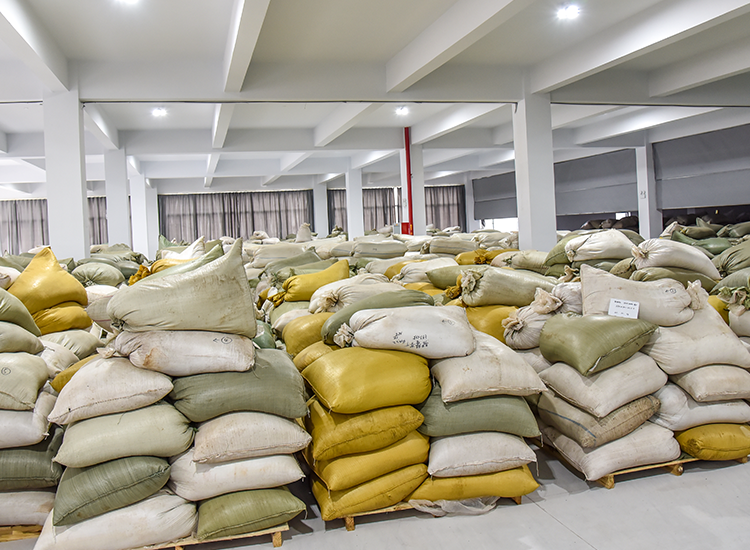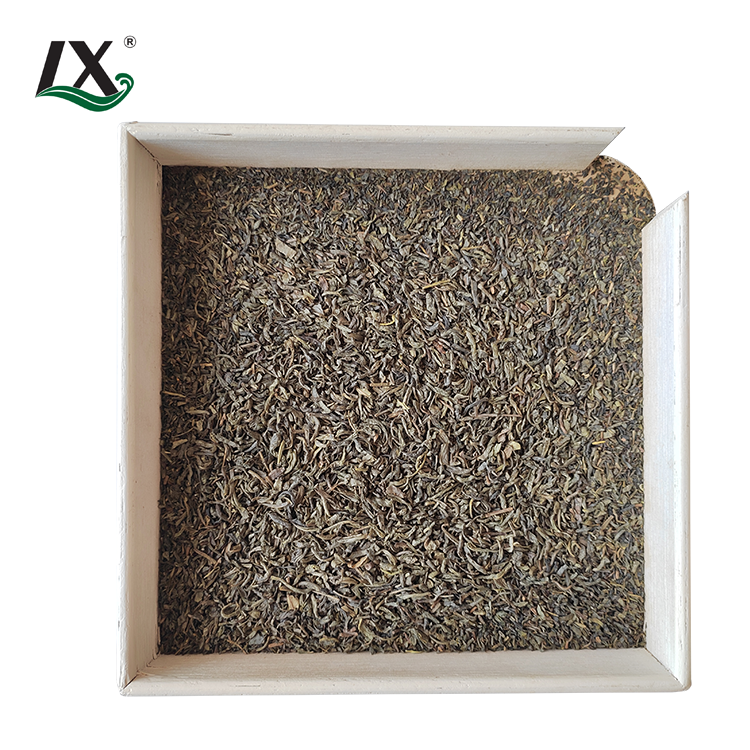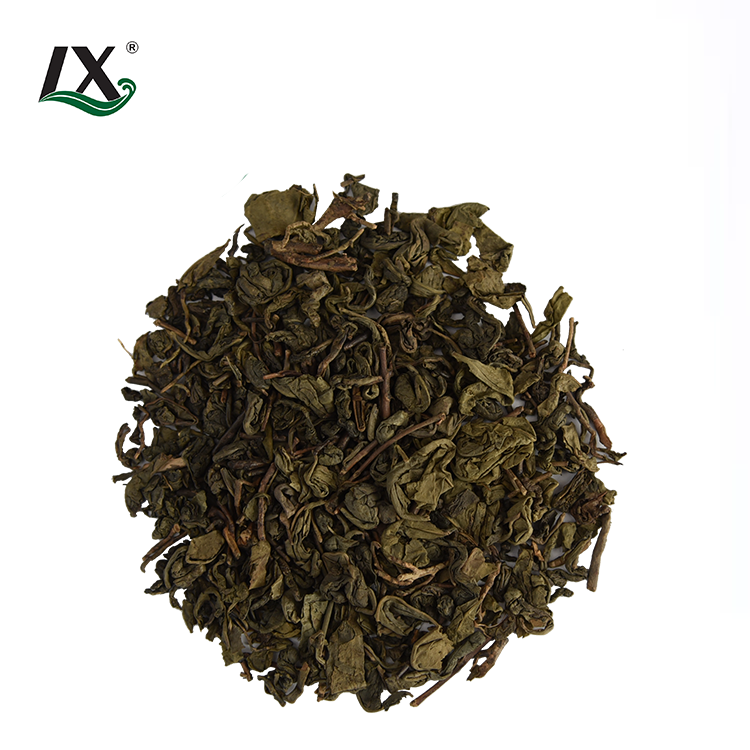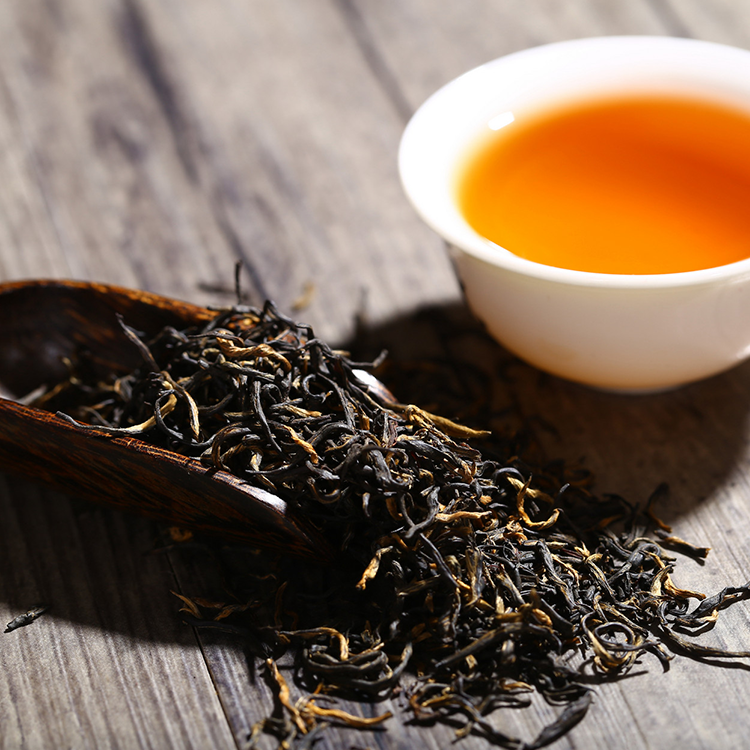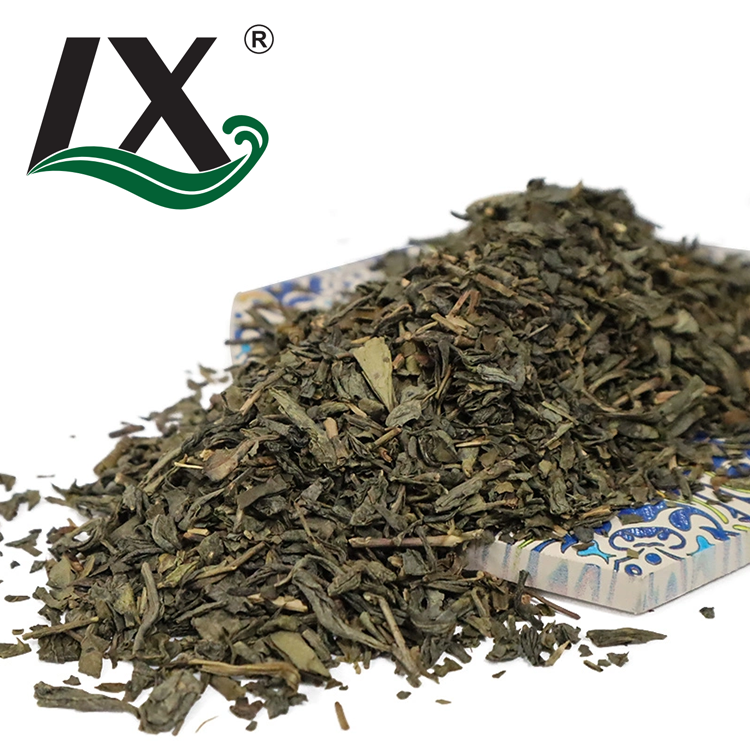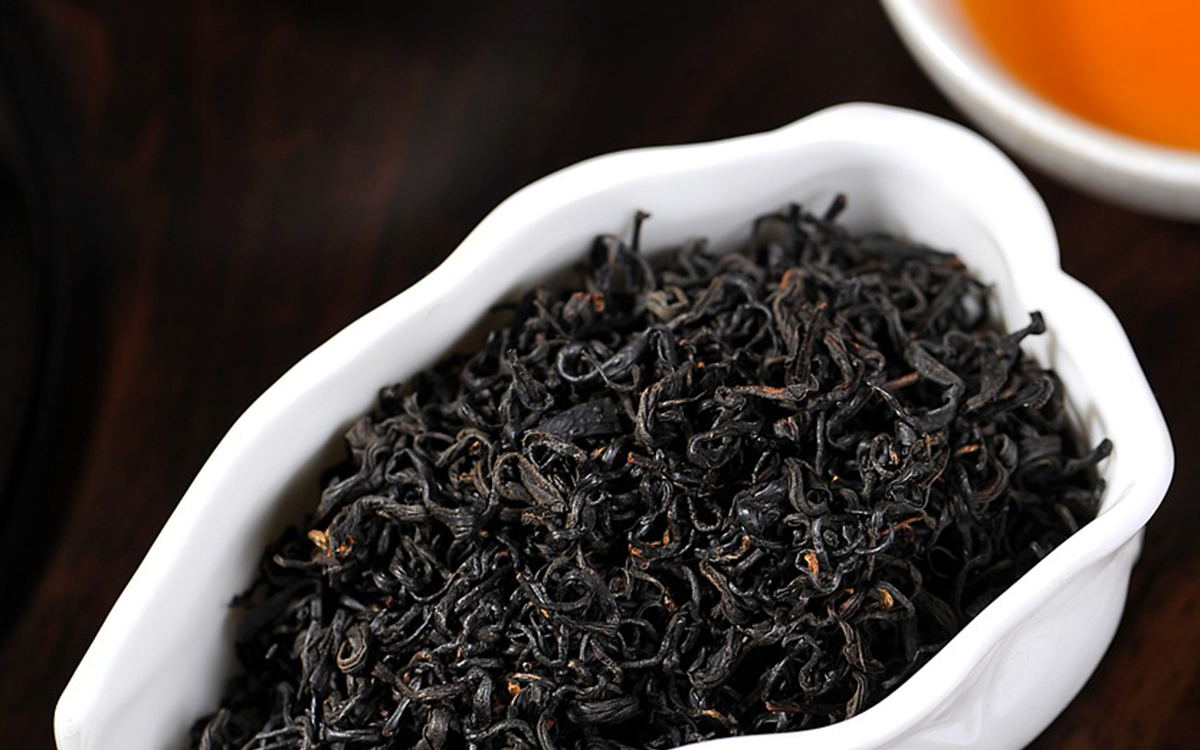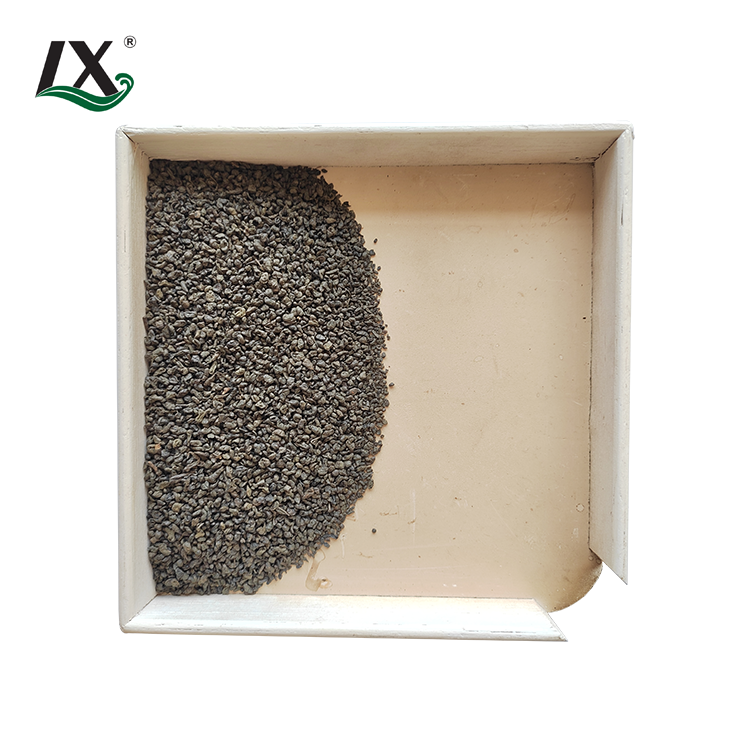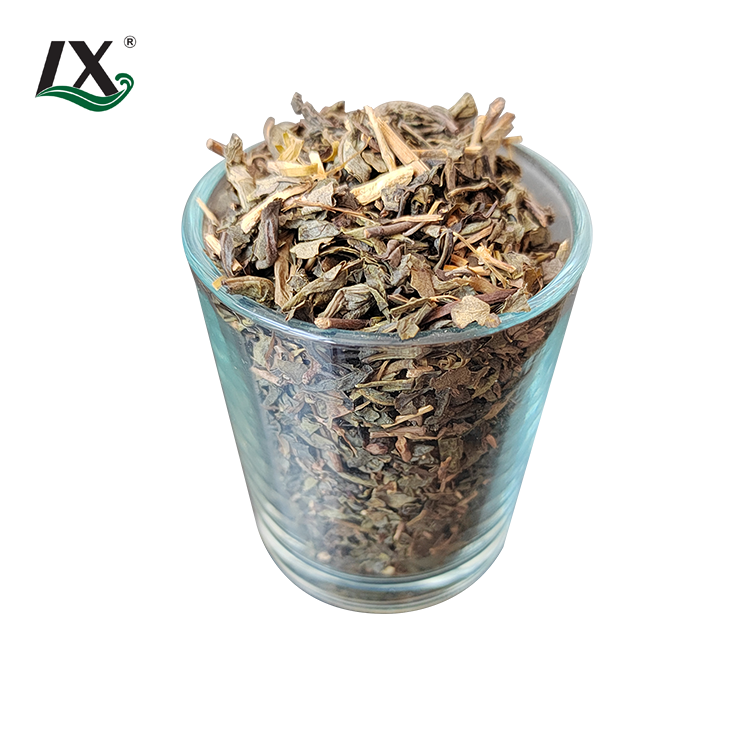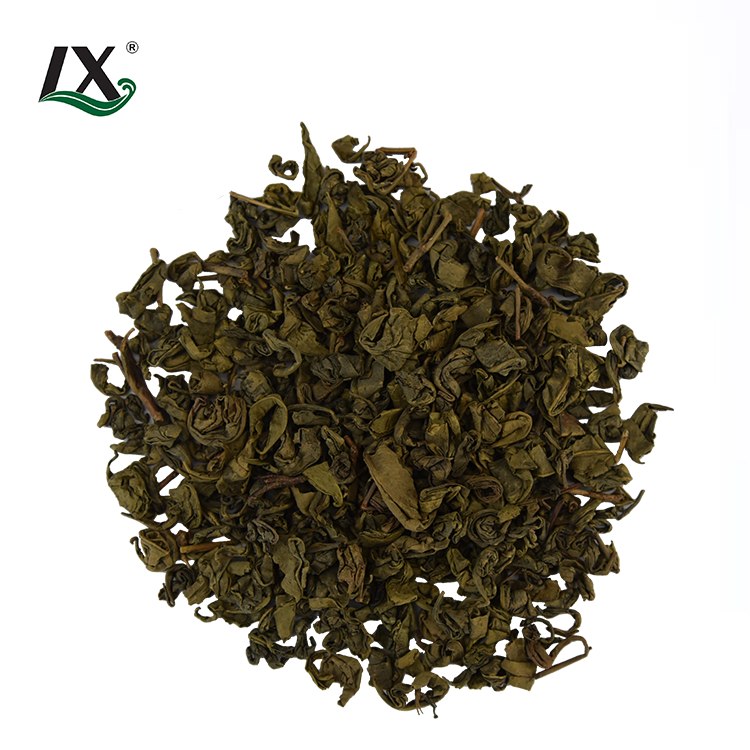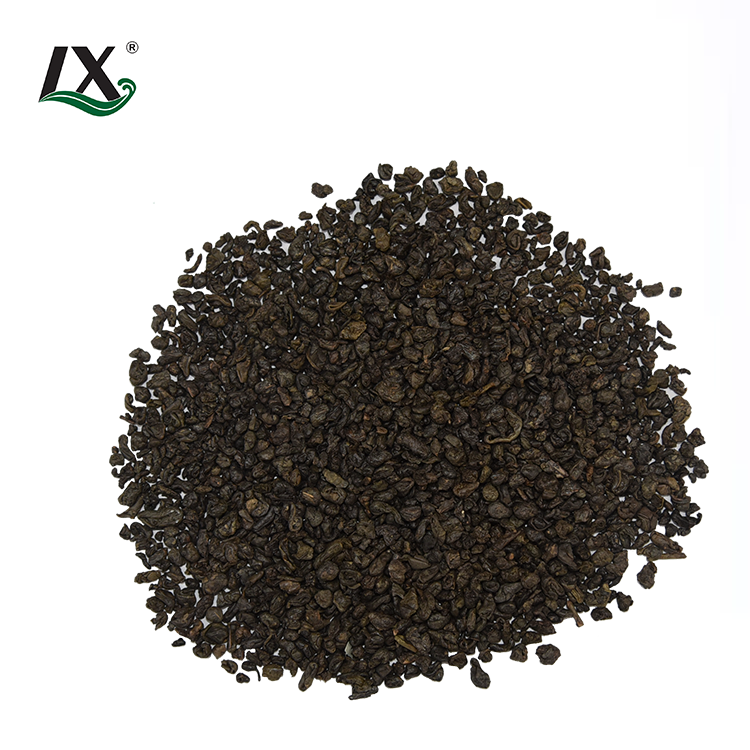How to Buy from China Tea Factory? Where to Find Bulk Tea Suppliers?
China is the world’s largest producer and exporter of tea, and sourcing bulk tea directly from Chinese factories can provide great quality at competitive prices. Whether you're a small tea shop owner, a wholesaler, or a tea enthusiast looking for the finest teas, buying from China tea factory and china bulk tea supplier is an attractive option. However, navigating the process of purchasing from Chinese tea suppliers requires knowledge of the types of tea, how to identify reliable suppliers, the negotiation process, and understanding import procedures.
In this blog, we will walk you through everything you need to know about buying from Chinese tea factories and finding trustworthy bulk tea suppliers.
Why Source Tea from China Tea Factory?
China has a rich history of tea production, with over 3,000 years of cultivation. It’s home to some of the most famous teas globally, and the country’s expertise ensures premium quality in both traditional and modern varieties. Sourcing tea from China tea factory provides numerous advantages.
The History and Importance of Chinese Tea
Tea originated in China, and its cultural significance runs deep, with regions specializing in different types of teas. China's meticulous tea cultivation practices have been honed over centuries, producing the highest quality teas. Major tea types like green tea, black tea, and oolong all trace their roots back to China, and many Chinese tea producers still use traditional methods of harvesting and processing tea leaves, ensuring a distinctive flavor and aroma.
The Variety and Quality of Chinese Teas
China offers an immense variety of teas, each with unique characteristics depending on the region where it's grown. Some famous Chinese teas include Longjing (Dragon Well) green tea, Keemun black tea, Tie Guan Yin oolong, and Pu-erh tea from Yunnan. Chinese teas are graded according to their quality, with the highest grades offering superior taste, aroma, and freshness. This makes China an attractive place to source everything from daily drinking tea to premium, specialty teas.
Cost Advantages
Buying tea directly from Chinese factories, especially in bulk, can save you a lot of money compared to purchasing from middlemen or retail suppliers. Chinese factories often offer competitive prices, especially when you meet their minimum order quantity (MOQ). When buying in large quantities, the per-unit price is significantly reduced, making it ideal for businesses looking to sell high-quality tea at a good margin.
Types of Chinese Teas Available
Understanding the types of tea available in China is crucial before contacting suppliers. China is known for producing a variety of teas, each with distinct flavors and processing methods.
Green Tea
China green tea is one of the most popular teas in China, known for its fresh, grassy taste. Notable varieties include Longjing (Dragon Well), Chunmee green tea, and Gunpowder green tea. Green tea is minimally processed, which preserves its antioxidants and other health benefits.
Black Tea
Chinese black tea, also known as "hong cha" or red tea, is fully oxidized, giving it a deep, rich flavor. Keemun and Dianhong are popular black tea varieties. These teas are robust and are often enjoyed with milk and sugar.
Oolong Tea
Oolong tea is semi-oxidized, making it a unique hybrid between green and black tea. It is famous for its floral or fruity notes, with Tie Guan Yin (Iron Goddess) being a popular example. Oolong teas vary in flavor intensity depending on how long they are oxidized during processing.
White Tea
White tea is the least processed tea and is often prized for its delicate, smooth taste. The most sought-after white teas include Bai Mudan (White Peony) and Silver Needle. White tea is made from young tea leaves and buds, giving it a light flavor profile.
Pu-erh Tea
Pu-erh is a fermented tea known for its deep, earthy flavor. Produced mainly in Yunnan province, Pu-erh can be aged for years, much like fine wine, with older Pu-erh fetching high prices. It comes in both "raw" (sheng) and "ripe" (shou) varieties.
Specialty and Scented Teas
China also offers a range of scented and blended teas, such as jasmine tea, which combines green tea leaves with jasmine blossoms, and chrysanthemum tea, a floral blend with a delicate aroma.
Understanding Chinese Tea Grades
Tea in China is graded based on several factors, including the appearance of the leaves, the time of harvest, and the processing method. Higher-grade teas are usually harvested during the first flush (early spring) and come from the youngest, most tender leaves.
How Tea Grades Impact Pricing
The grade of the tea will significantly affect its price. Higher-grade teas, such as first flush green teas or aged Pu-erh, can be considerably more expensive than lower grades. However, even lower-grade Chinese teas can offer great value for money, especially when bought in bulk.
How to Identify a Reliable Bulk Tea Supplier
When buying tea from China tea factory, it’s essential to choose the right supplier. Here are some tips on identifying trustworthy and high-quality suppliers.
Key Factors to Look for in Suppliers
- Experience and Reputation: Look for suppliers with a long history in tea production. Many established tea factories have been in operation for decades or even centuries.
- Certifications: Ensure the supplier has the necessary certifications for exporting tea. Look for organic or fair trade certifications if that’s important for your market.
- Quality Control: Reliable suppliers should have strict quality control processes, including lab testing and grading of their tea products.
Verifying Authenticity and Supplier Reputation
Before committing to a supplier, do thorough research. Request samples, ask for references, and check reviews on platforms like Alibaba, where you can see feedback from other buyers. It’s also beneficial to ask the supplier for documentation proving their authenticity, such as their business registration and membership in local tea associations.
Where to Find Bulk Tea Suppliers in China
There are several ways to find bulk tea suppliers in China, both online and in person.
Online Marketplaces
Online B2B platforms are the easiest way to find Chinese tea suppliers. Some of the most popular platforms include:
- Alibaba: The largest B2B platform for Chinese suppliers. It allows you to search for tea suppliers, view their ratings, and communicate directly with manufacturers.
- Made-in-China.com: Another well-known marketplace with a vast range of suppliers in various industries, including tea.
Trade Shows and Expos
Attending trade shows is an excellent way to meet suppliers in person. The China International Tea Expo in Hangzhou and the Canton Fair in Guangzhou are two of the largest trade shows where you can find hundreds of tea suppliers and sample their products firsthand.
Visiting Tea-Growing Regions
If possible, visiting tea-growing regions like Fujian, Yunnan, or Zhejiang (shaoxing) gives you direct access to the factories where the tea is produced. Many suppliers are more willing to negotiate better deals when you meet them in person, and you can see firsthand how the tea is processed.
Source from China Tea Supplier Brand Websites
Sourcing tea directly from Chinese tea supplier brand websites offers buyers the opportunity to purchase high-quality tea products straight from the factory. These suppliers often provide a wide range of tea varieties, including specialties like baroud green tea 4011. By buying from these factories, customers can benefit from competitive prices, bulk purchasing options, and direct insight into the production process, ensuring authenticity and quality.
Visiting a Tea Factory in China
Visiting a tea factory in China offers significant advantages for ensuring quality and building relationships with suppliers.
The Benefits of Visiting in Person
Visiting a China tea factory allows you to verify the production process, check the cleanliness and safety standards, and taste the tea directly from the source. You’ll also gain insights into the company’s operations, making it easier to trust their products.
What to Expect During a Visit
During a factory visit, you can expect a tour of the processing facilities, where you’ll see how the tea is sorted, dried, and packaged. Most suppliers will also offer tea tastings, allowing you to sample different grades and varieties.
Negotiating with Chinese Tea Suppliers
Negotiation is a critical aspect of buying tea from Chinese bulk tea suppliers. Chinese business culture places a strong emphasis on building relationships, so establishing trust and rapport is important.
Tips for Successful Negotiation
- Request Samples: Always ask for tea samples before placing a large order to ensure the quality meets your expectations.
- Be Clear About Specifications: Clearly state your preferred tea grade, quantity, packaging, and budget during negotiations.
- Understand MOQ: Many suppliers have a Minimum Order Quantity (MOQ) for bulk purchases. Knowing this upfront can help in negotiations.
The Import Process: What You Need to Know
Understanding the import process is essential when buying tea from China. Regulations vary depending on your country, and it’s crucial to ensure that the tea you purchase meets your country's import standards.
Import Regulations
Check your country’s import regulations regarding agricultural products like tea. You may need to provide documentation proving that the tea meets safety standards, especially for organic or pesticide-free teas.
Shipping Options
Most suppliers will offer either FOB (Free on Board) or CIF (Cost, Insurance, and Freight) shipping terms. FOB means the supplier handles the cost of delivering the goods to the nearest port, while CIF includes additional insurance and freight costs.
Quality Control: Ensuring the Tea Meets Your Standards
Ensuring the tea you receive is of the highest quality is crucial when buying in bulk. You don’t want to compromise on quality, especially if you’re importing premium tea for resale.
Lab Testing and Taste Testing
To ensure the tea meets quality and safety standards, many buyers opt for independent lab testing, which can check for pesticide residues or impurities. Additionally, always perform a taste test to evaluate the flavor and aroma of the tea.
Packaging and Labeling Bulk Tea for Export
When exporting tea, proper packaging is critical to preserve its freshness and flavor during transportation. Ensure that the tea is vacuum-sealed or packaged in airtight containers to prevent moisture from affecting the leaves.
Labeling Requirements
Be aware of labeling regulations in your target market. Many countries have strict requirements regarding the labeling of food products, including ingredients, weight, and origin.
Payment Methods and Financial Considerations
When purchasing tea from China, safe payment methods are essential to protect your investment.
Safe Payment Options
The most secure payment methods include letters of credit (L/C) and PayPal, although many suppliers also accept bank transfers (T/T). Using a secure payment platform ensures that your money is protected in case of disputes.
Sustainable and Ethical Tea Sourcing
If you prioritize sustainability, look for suppliers who offer certified organic teas or who follow fair trade practices. Many Chinese tea producers are beginning to adopt eco-friendly and socially responsible practices.
Common Challenges When Sourcing Tea from China
While buying from China offers many benefits, there are some challenges you may encounter.
Language and Communication Barriers
Many Chinese suppliers speak English, but miscommunication can still happen, particularly when discussing detailed specifications. Using a translator or being as clear as possible in your communication can help avoid misunderstandings.
Time Zone Differences
Communicating with suppliers in different time zones can be tricky, so patience is necessary when coordinating orders and logistics.
Conclusion
Sourcing tea from China offers a wealth of opportunities for businesses and tea enthusiasts alike. By identifying the right suppliers, negotiating effectively, and understanding the import process, you can access some of the finest teas in the world at competitive prices.







